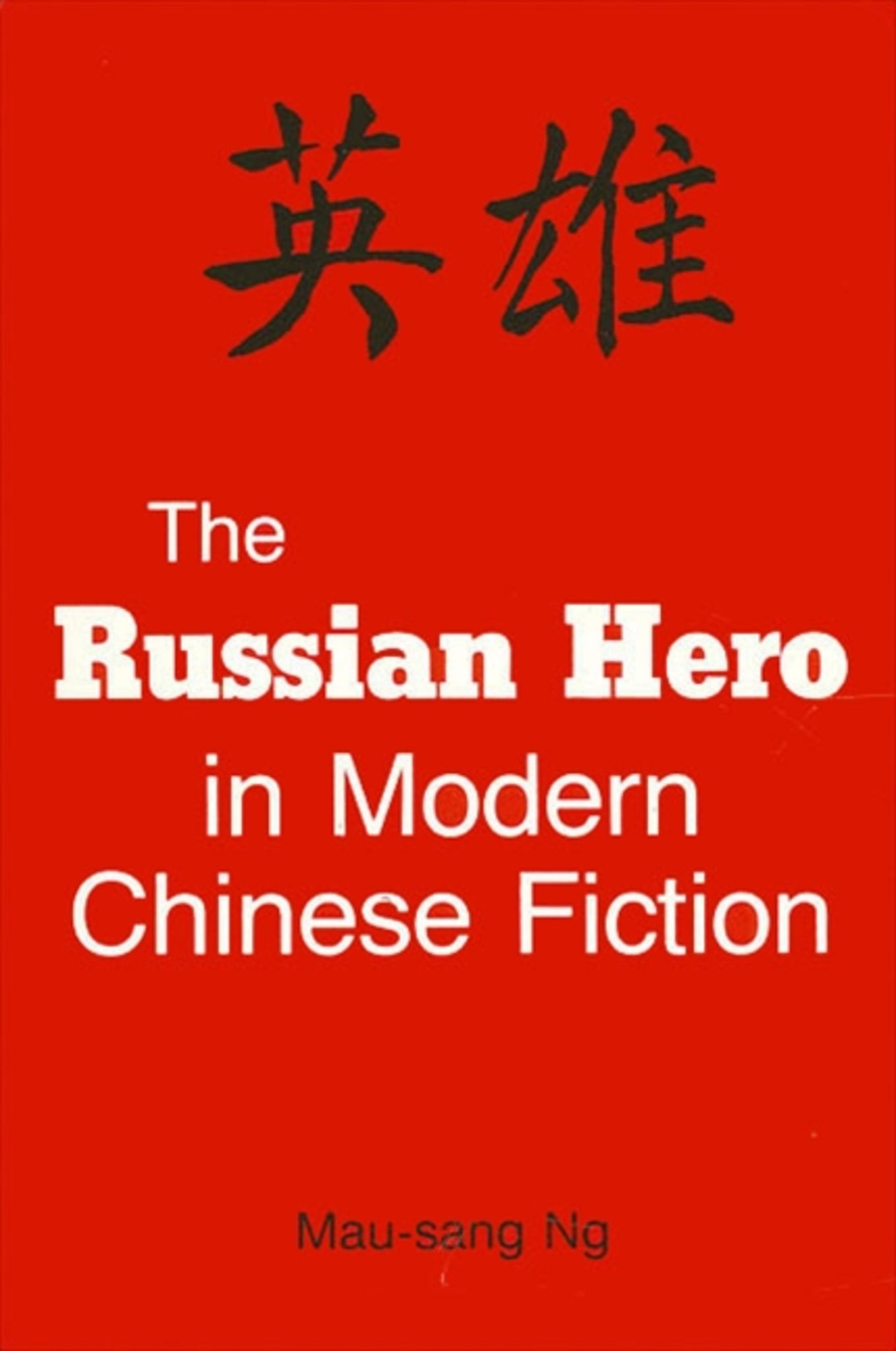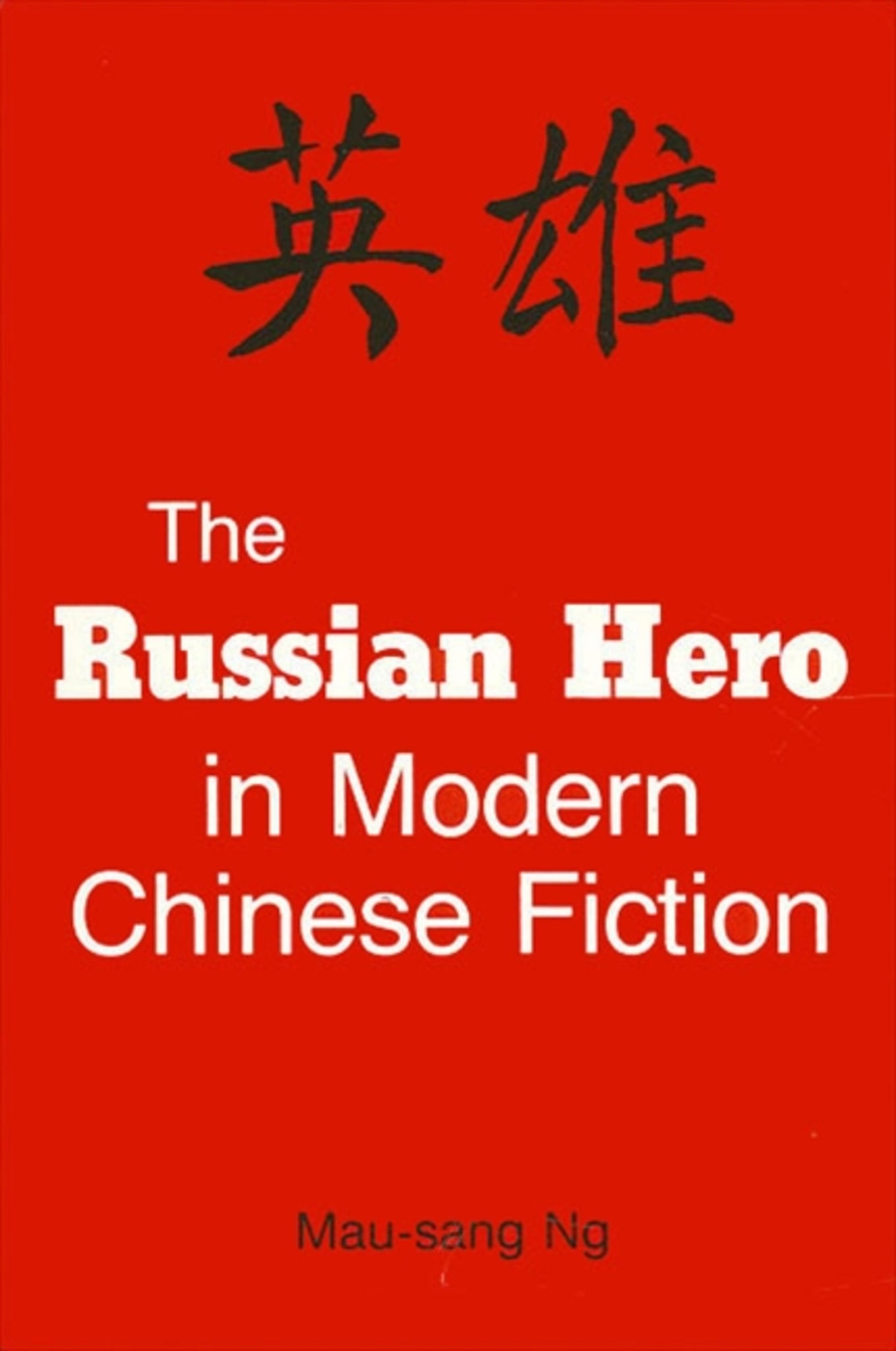We're sorry. An error has occurred
Please cancel or retry.
The Russian Hero in Modern Chinese Fiction

Some error occured while loading the Quick View. Please close the Quick View and try reloading the page.
Couldn't load pickup availability
- Format:
-
16 August 1988

The Russian influence took root in the Chinese intellectual tradition that evolved after the Literary Revolution of 1917. When the Chinese communists turned to Russia for their inspiration they also accepted the Russian version of the novel's form and function in society. However, they did not accept it uncritically. Chinese understanding of the arts goes back for thousands of years and thus Chinese intellectuals brought their own kinds of tradition and intelligence to these new arts and political solutions.
In this lucid study, the author demonstrates how Chinese writers, guided by Russian authors such as Chekhov, Turgenev, and Andreyev, created works of art that are both original and Chinese. However, he also shows that the familiar heroes of such famous novelists as Lu Xun, Yu Dafu, Mao Dun, and Ba Jin have a strong Russian flavor linked to prototypes in the Russian literary tradition.
The author depicts the fortune of Soviet literature and the fate of the intellectual hero in the People's Republic of China. He believes that the humanistic May Fourth intellectual tradition, which inspired enthusiasm for classical Russian literature, has been revived with the publication of works like Dai Houying's Man ah, Man! and Zhao Zhenkai's Waves.


Foreword (by John Bayley)
Acknowledgements
Abbreviations
Introduction: The May Fourth Intellectual Background
Part I: The Response to Russian Literature
1: Translations and the Reading Public
2: Chinese Consciousness and the Russian Impact
3: The Russian Hero in the May Fourth Context
Part II: The Hero of His Time
4: Yu Dafu's Superfluous Hero
5: Mao Dun's Defeated Hero
6: Ba Jin's Estranged Hero
7: Lu Xun's Awakened Hero
Part III: In Search of a New Hero
8: Conclusion
Glossary
Bibliography
Index



